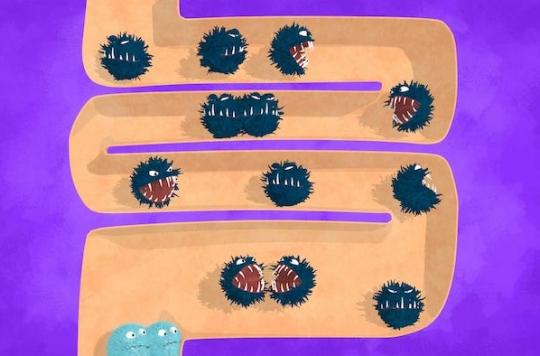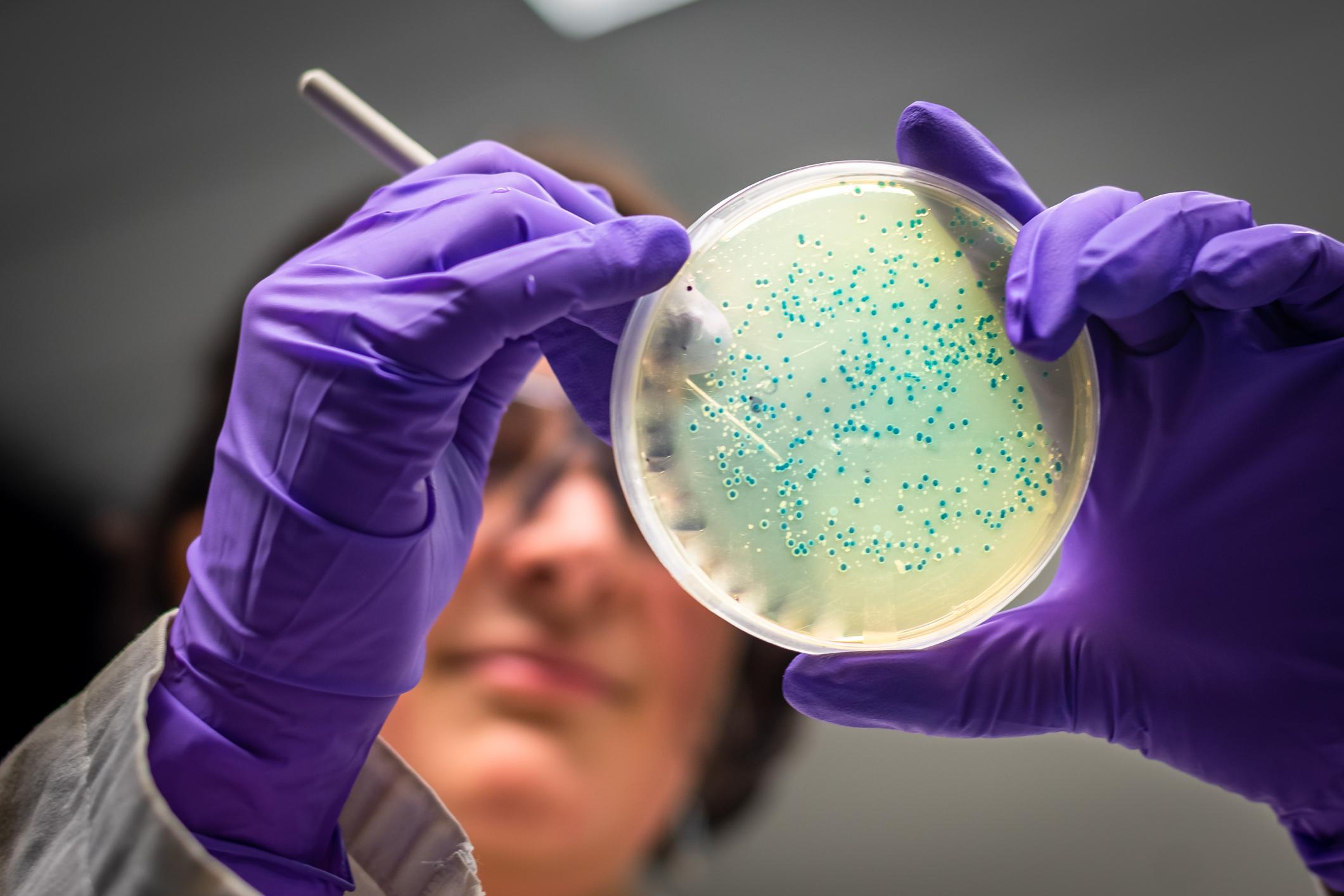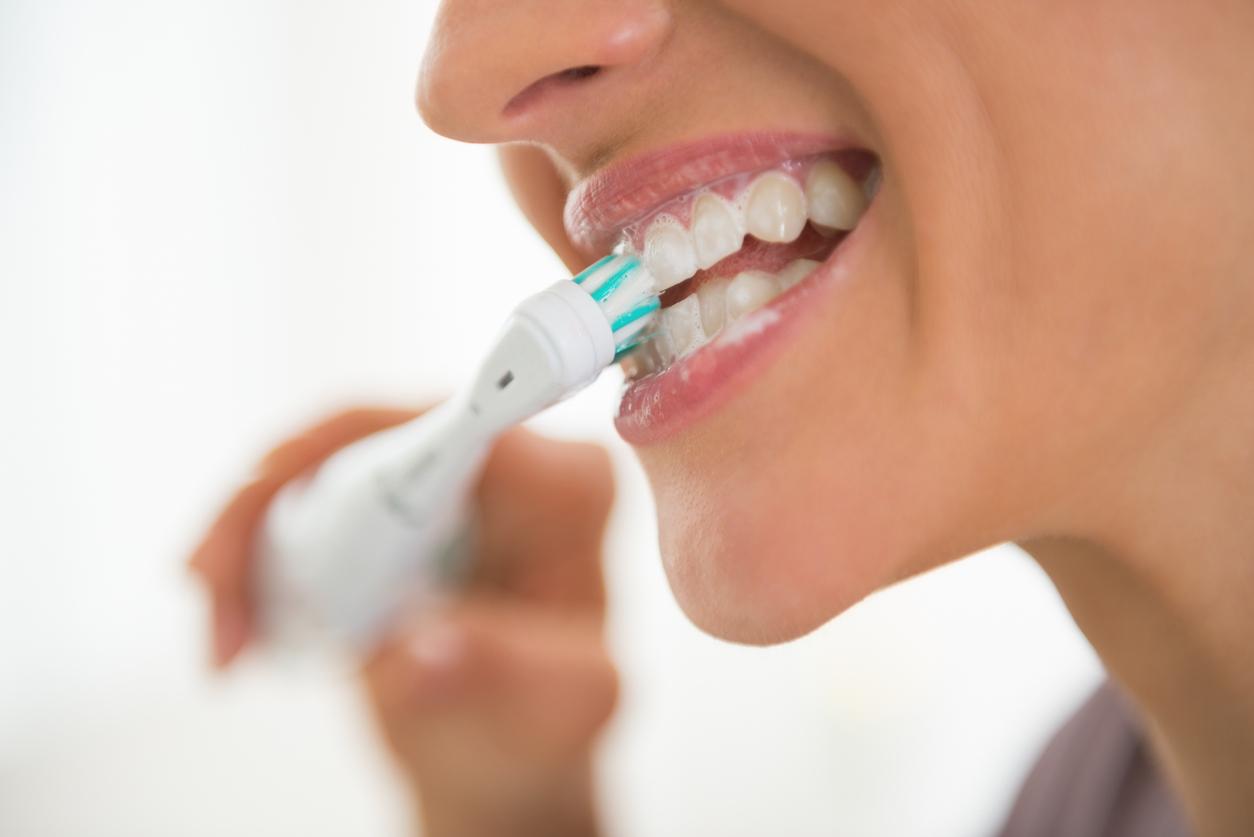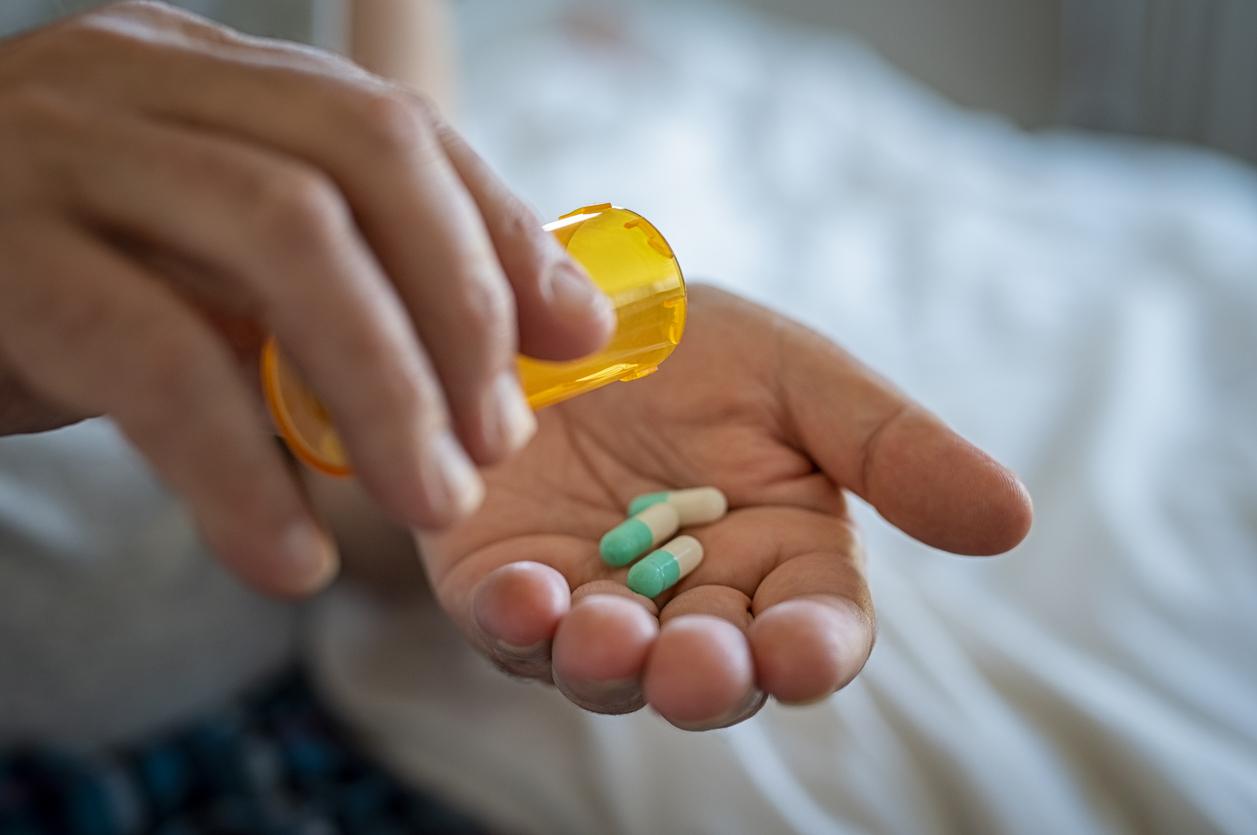The Bacteriophage for Gastrointestinal Health (PHAGE) study shows that the use of bacteriophage viruses to eliminate pathogenic bacteria in the intestine is more attractive than antibiotics.

The results of a new clinical study have confirmed the safety and tolerability of using bacteriophage viruses to eliminate pathogenic bacteria in the intestine. This new treatment could be used in place of antibiotics to rid the gut of harmful bacteria and promote the growth of beneficial bacteria known to improve gastrointestinal health, immune function, and anti-inflammatory processes.
Bad and good bacteria in the gut
The Bacteriophage for Gastrointestinal Health (PHAGE) study was presented at the annual meeting of the American Society for Nutrition.
A bacteriophage is a virus that infects bacteria. It contains nucleic acid (DNA or RNA) and a plaque that attaches itself to the bacteria to reproduce there, causing an infection. In this way, the bacteriophage destroys bacteria such as staphylococcus, dysenteric bacillus or colibacillus. The phenomenon of destruction is called bacterial lysis.
“People who take antibiotics can develop resistance and gastrointestinal problems, since antibiotics kill both bad and good bacteria in the gut,” said Taylor C. Wallace, co-author of The study. “Using viruses that infect only specific types of bacteria spares the many good bacteria in the gut, which are beneficial in the long term for health. We have shown for the first time that bacteriophage therapy does not work. no apparent side effects, at least in the short term “.
No unwanted effects
The PHAGE study included 31 people with significant gastrointestinal disorders at the start of the research, without having received a specific diagnosis. The participants were divided into two groups, the “treatment group” and “the placebo group”. The “treatment group” received four strains of bacteriophages that specifically kill the pathogen E. coli, which causes gastrointestinal problems and upset stomach.
The researchers report that the participants tolerated the bacteriophage treatment very well, with no side effects reported during the four weeks of testing. In the treated cohort, they also observed significant decreases in interleukin 4, an inflammatory marker often associated with allergies. Several healthy bacterial species also developed in the “treatment group”.
Researchers say bacteriophages could also be helpful in eliminating nutritional deficiencies caused by chronic diarrhea in developing countries, which is the second leading cause of child mortality worldwide. The results presented should be considered preliminary.
Global antibiotic consumption boom
Global antibiotic consumption increased from 21.1 billion daily doses in 2000 to 34.8 billion in 2015, an increase of 65%. In detail, it is interesting to note that of the 76 countries studied by the researchers, only those with a middle or low income (LMIC) strongly increased their consumption of antibiotics (+ 114% in 16 years). The use of antibiotics, for example, has increased by 50% in India, 79% in China and 65% in Pakistan. Thanks to awareness campaigns, the increase in antibiotic consumption is, on the other hand, low (+ 6%) in high-income countries (HIC) such as France, Italy or the United States.
The explosion in global antibiotic consumption, driven by middle and low income countries (LMICs), is explained by “better access to needed drugs in countries with many diseases that can be effectively treated with drugs. antibiotics, “according to Eili Klein, a researcher at the Center for Disease Dynamics, Economics & Policy and one of the study’s authors. Thus, “the projections of the overall consumption of antibiotics in 2030, assuming no change in policy, are up to 200% higher than the 42 billion daily doses determined in 2015,” the study said.
The increasing resistance of bacteria to antibiotics cause 700,000 per year worldwide. Left unchecked, it could cause as many as ten million deaths per year by 2050.

.

















